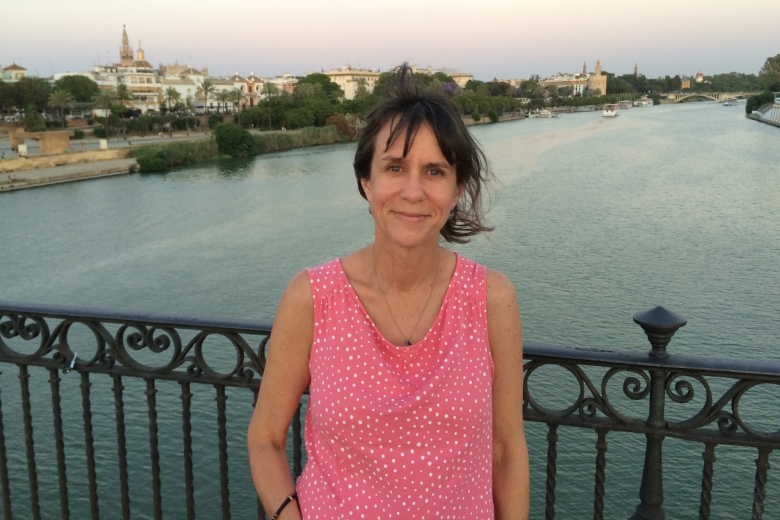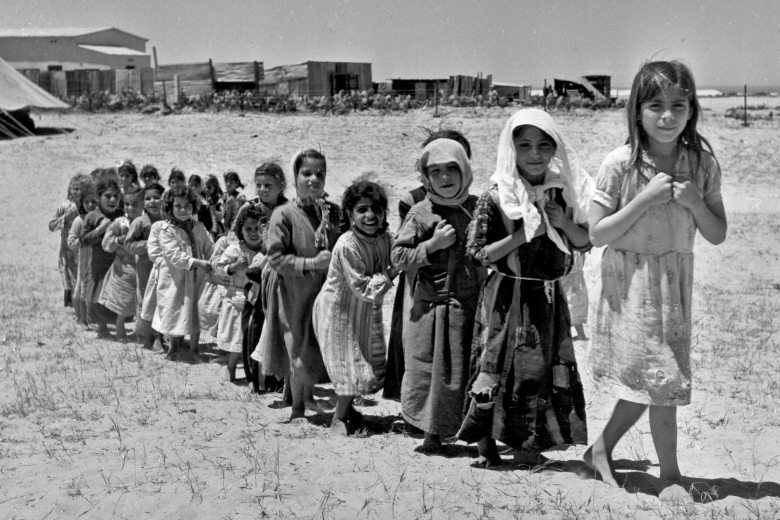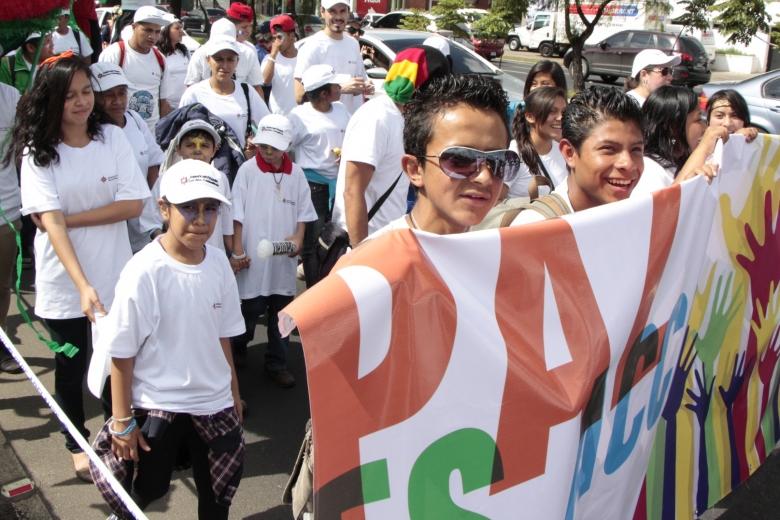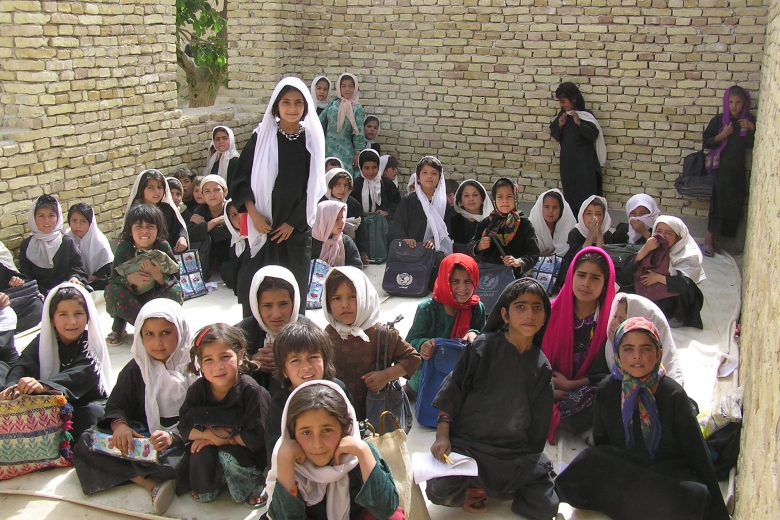
I am Jill Tarasuk: I was a physical therapist in the Hebron area of the West Bank in 1988.
I was seconded by AFSC to work with a local grassroots organization of health care services in the West Bank, namely The Union of Palestinian Medical Relief Committees (UPMRC). I worked as a physical therapist in a village in the southern West Bank near Hebron between 1988 and 1989.
I provided community-based rehabilitation services in a health clinic in Idna and worked alongside a physician and community nurses. These services targeted all ages, from infants to adults, with a special focus on people who sustained trauma-related injuries. During the first Intifada, which started in 1987, it was common to see soft tissue and nerve injuries, fractures and severe head injuries at the health clinic. These types of injuries frequently resulted from the Israeli army's use of rubber bullets and live ammunition against the children and youth demonstrating against the occupation.
Each day I travelled to Idna with a physician and each day in order to enter the village we were required to pass through a checkpoint manned by Israeli soldiers. Being a foreigner, I did not face many problems at the checkpoint; however, my Palestinian colleagues were often questioned and sometimes stopped from passing through. One day, the physician I worked with was arrested at the checkpoint and then held in prison for 3 months. UPMRC sent a replacement physician to the village so that the health clinic work could continue during this time. Daily work was also often disrupted by strikes, curfews or demonstrations and I was privileged to work with colleagues who persevered despite these constant challenges.
Along with my translator, I went on home visits to provide physical therapy to children and adults with disability, many who had unmet special needs. We also spent time teaching family members some of the key therapy techniques and finding solutions for adaptive equipment or educational tools. It was clear that without UPMRC’s crucial role in the delivery of these specialized but essential rehabilitation services, this population would not be receiving what they needed.
During my stay in Hebron and its vicinity, I was impressed by the scope and impact of AFSC's work in the region including projects in the education, health and social service sectors. Nearly thirty years later, I am still deeply honored and grateful for the opportunity to work with AFSC and for the generosity, kindness and resilience of the people I met, in particular the family with whom I lived and the AFSC and UPMRC colleagues with whom I worked.
Today, Jill is an epidemiologist working in the Infectious Disease Prevention and Control Branch of the Public Health Agency of Canada. She lives in Ottawa, Canada with her family.




